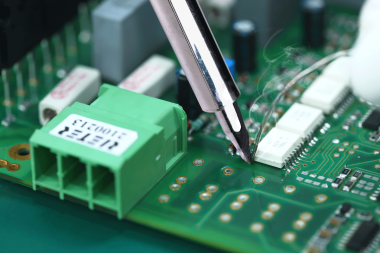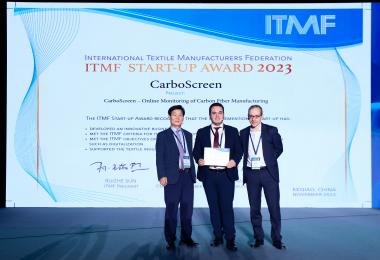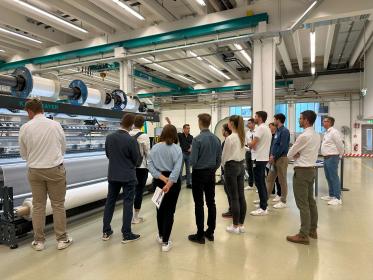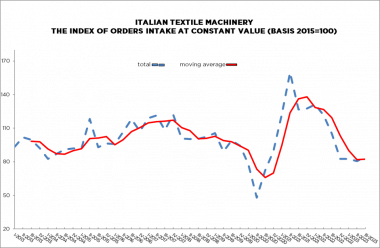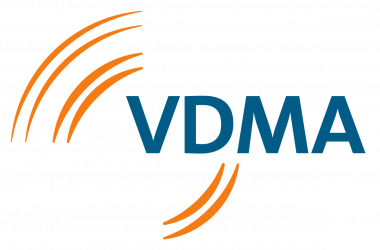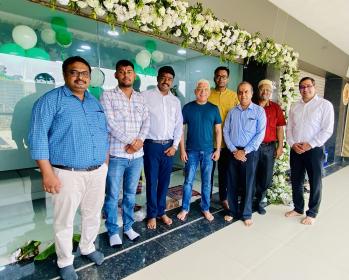Italian textile machinery industry at Colombiatex 2024
At the upcoming edition of Colombiatex, that will take place in Medellin from January 23 to 25, 2024, the leading Italian manufacturers of textile machinery will be present in the common area organized by Italian Trade Agency and ACIMIT, the Association of Italian Textile Machinery Manufacturers.
There will be 23 companies exhibiting in the Italian pavilion. Among these, ACIMIT members companies are: Btsr, Color Service, Danti, Fadis, Flainox, Isotex, Itema, Kairos Engineering, Lgl, Lonati, Mcs, Monti-Mac, Nexia, Orox, Ratti, Reggiani Macchine, Salvadè, Santoni, Srs, Stalam, Tecnorama, Ugolini.
The Colombian textile and clothing industry has experienced significant growth in recent years. Consequently, imports of textile machinery have also increased. In 2023, Colombian imports are expected to reach 58 million euros. For the period 2024-2027, the Country’s import growth is projected to be an average of 2.2% annually, according to data compiled by ACIMIT.
Italy has long been a technological partner for Colombian textile companies that have invested in the modernization of the production process. Italian exports to Colombia in 2022 exceeded 18 million euros (a 50% increase from the previous year). In the first six months of 2023, Italian exports to Colombia reached 9 million euros.
ACIMIT








